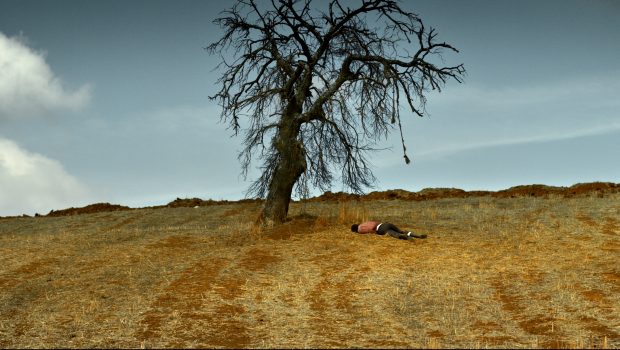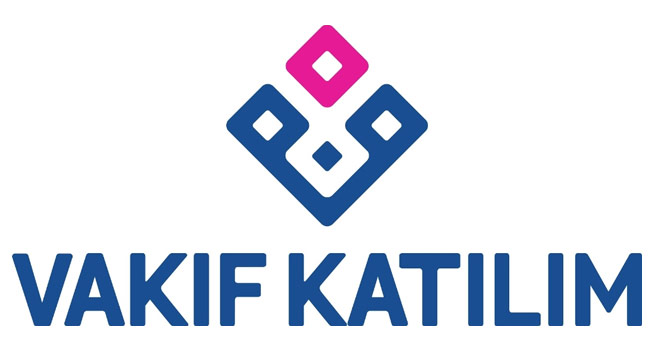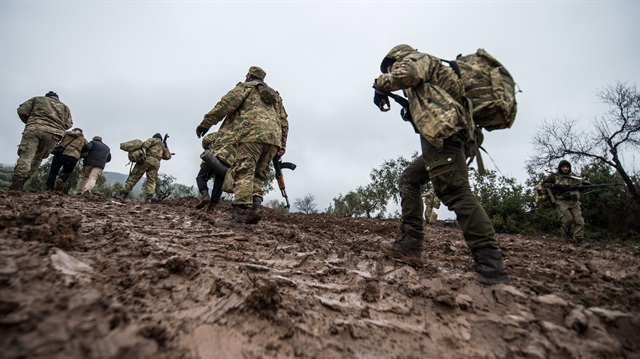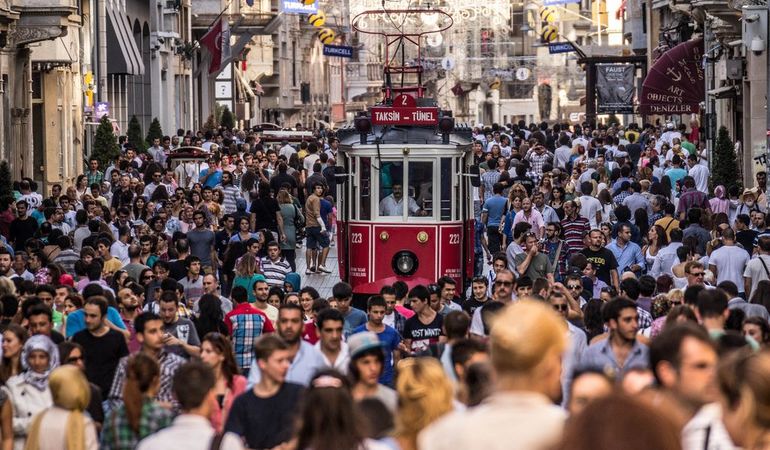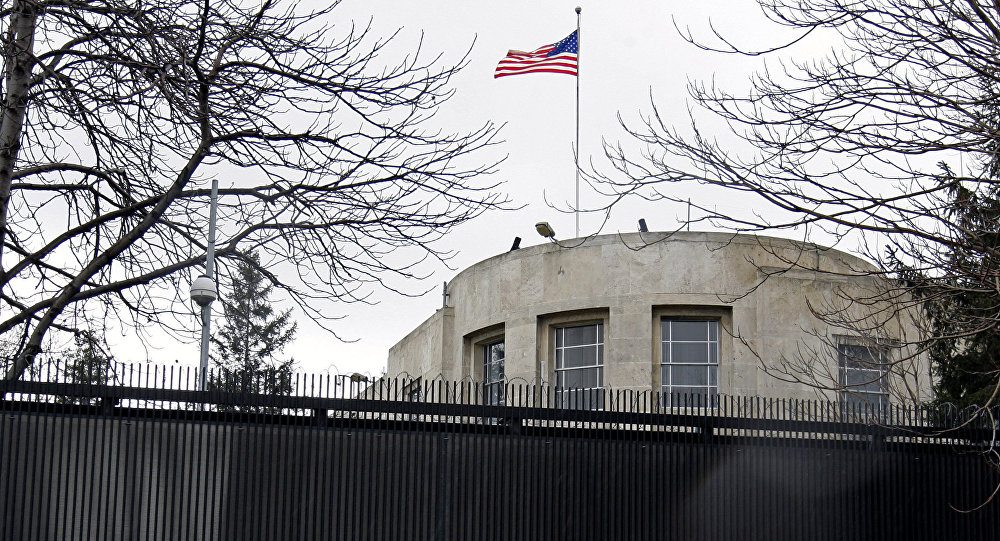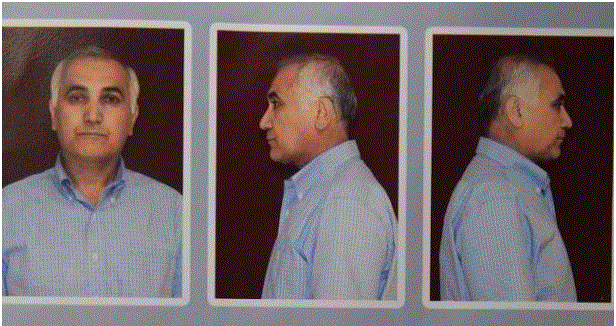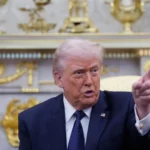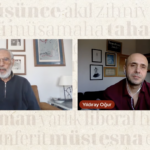The relationship between Occident and Orient is a relationship of power, of domination, of varying degrees of a complex hegemony….
— Edward Said (1)
Recently, I’ve felt much dismay concerning the running Western commentary — whether from Europe or North America — regarding Islam and the Muslim world. Normally, if the negative portrayals of Islam and Muslims were coming from the right wing, I wouldn’t be that concerned, since that is simply business as usual. But ideological stances toward Islam seem to have become muddied, and publications to the left of the political spectrum have been producing commentary that, to me, appears no different than that of the conservative press. As a social-democrat, I find this trend maddening because many liberal and leftist commentators have begun to attack Islam as a religion, and Muslims as a community, with little regard for the general political context in the world.
Now that the Islamic Threat has taken on the proportions that the Red Menace assumed during the Cold War, I think it is time for liberals and leftists to do some intellectual self-examination: Are we questioning or are we contributing to this general trend?
In my essays for Serbestiyet, I have concentrated on questioning the coverage of Turkey in the international press, specifically by the NYT, because of the power it has to dominate what people “know” about any given topic. Other international publications, generally understood as liberal also exhibit the same extremely biased and, frankly, poorly-informed coverage of Turkey. The Economist and The Guardian are among the first to come to mind.
For me, the frustrating aspect of this coverage is that these publications, because they are liberal-left, should not have fallen into this situation. Some segments in the Western intelligentsia appear to be trapped in an intellectual dead-end concerning the Muslim world. They have allowed their own ideological conceptions and preoccupations, relevant for and influenced by the societies they live in, to inhibit clear thinking about societies that are different from their own in terms of culture, economic development, political realities, and/or social structure. In other words, they do not discern that they are living in and passing judgment on two separate realities.
Over the past ten years, in the wake of the disastrous and murderous U.S. invasion of Iraq, the long-term internal disorder that resulted, then the Arab Spring, the end of several regional governments, social unrest in a number of others, the Syrian civil war, and most recently the emergence of ISIS, I have been observing the Western press narrative as it has kept transforming itself in response to specific junctures. Time after time, the power of the Western press to affect perceptions has been displayed for all who were paying attention. I have been reminded again and again of what Edward Said said about Orientalism and power.
Yes, power. The issue that Western liberals, progressives, and leftists must focus on in their approach to Islam in the extremely tense current political atmosphere is power. Who has power, and who does not? Which societies have power and which do not? Which beliefs and ideologies represent powerful societies, and which do not? And we should not forget that power can take not just political or military but also cultural, economic, educational, ideological, linguistic, and social forms. As liberals and leftists, should we not be trying to understand the perspective of those who have less power, of whatever form, than we do? As Westerners, should we not also maintain awareness of the advantages which our power provides to us and deprives other people of? Should we not maintain focus on the many ways, both overt and covert, that power is used even today to oppress not only members of our own but also other societies?
Edward Said’s book Orientalism produced a shock-effect in Western academia precisely because, taking his cue from Michel Foucault, he elaborated how power worked amongst the Western intellectual and academic classes to produce discourses and conceptions that fed off of, and often justified, Western colonial and political projects in the Muslim world. Many honest Western intellectuals took Said’s message to heart, and went through a process of self-examination to identify their own perceptions of the global Others. Some, on the other hand, have remained in denial and refuse to deal honestly with the power relationships that structure our world. Lately, it seems that some on the Left have either forgotten (or even rejected) Said’s argument. For that reason, I want to include here a passage from Orientalism‘s Introduction:
Culture… is to be found operating within civil society, where the influence of
ideas, of institutions, and of other persons works not through domination but by what Gramsci calls consent. In any society not totalitarian… certain cultural forms predominate over others…; the form of this cultural leadership is what Gramsci has identified as hegemony, an indispensable concept for any understanding of cultural life in the industrial West…. Orientalism is never far from what Denis Hay has called the idea of Europe, a collective notion identifying “us” Europeans as against all “those” non-Europeans…. There is in addition the hegemony of European ideas about the Orient, themselves reiterating European superiority over Oriental backwardness, usually overriding the possibility that a more independent, or more skeptical, thinker might have had different views on the matter. (2)
European societies (in the broadest sense) have long built and deployed various conceptions towards the Ottoman Empire and the Turkish people in general. The “Terrible Turk” is the classical formulation of this stereotypical narrative. This theme was developed centuries ago when the Ottomans posed a military threat to Central and Eastern Europe; the aim may have been to promote unity in a highly fragmented society against an outside power. As centuries passed, and the balance of power shifted in favor of the first centralizing and then industrializing European societies, the “Terrible Turk” theme continued but took on different connotations, increasingly serving as a justification for why European power had come to overshadow that of the Ottomans.
Even though the most egregious and racist versions of this narrative subsided long ago, more sinister innovations appear from time-to-time, such as the acclaimed film The Usual Suspects (Kevin Spacey, Gabriel Byrne, Benicio Del Toro, et al.) from the mid-1990s. Regardless of the various awards that it won after it was released, the film’s plot depends on a fundamentally racist stereotype, the bloodthirsty Turkish mafioso Keyser Söze. In essence, the film is simply an updated version of the “Terrible Turk” myth.
.jpg)
Films such as The Usual Suspects are only an artistic expression of this Orientalist anti-Turkish theme. In the past ten years we have witnessed another updated version of the “Terrible Turk” stereotype in the press, and this time all the obsession or (pretended) terror focuses on Tayyip Erdoğan. When one looks how Tayyip Erdoğan is depicted in the Western media, the overtly Orientalistic narrative is there for anyone willing to recognize it. For a decade now Erdoğan has been cast as the “Islamic Hitler,” and more recently as the “comrade-in-arms” of ISIS, a kind of Muslim Freddy Kreuger or Jason Voorhees.
.jpg)
The Western press narrative concerning Erdoğan works because of power. Western media dominate the world’s interpretation of events. Despite the fact that Erdoğan has not committed a single act that would make him worthy of the sort of demonization he’s subjected to in the Western press, the narrative flows on uninterrupted.
One result is that the AKP has been forced into a learning curve on the subject of media relations and PR. Over ther AKP’s first decade in government, it was media companiesor channels controlled by Fethullah Gülen (such as Zaman and Samanyolu) that took care of the AKP’s domestic media needs. Zaman also featured English-language articles for any foreign reader that did not mind (or was not aware of) Zaman’s connection to Gülen.
After December 2013 and the irrevocable break between the AKP and Gülen, the AKP found itself largely naked in the face of a media onslaught. On one hand, the AKP had been preparing for such an eventuality by turning several newspapers and TV channels, such as Sabah and ATV (which had passed into the state’s hands because of the previous owners’ financial malpractices) into pro-AKP media outlets. On the other hand, the already established mainstream anti-AKP press was now joined by Gülen’s media companies, which were transformed overnight into fountains of venomously anti-AKP dis/information. Since that point, pro-AKP media sources have been working desperately to establish a counter-narrative to that of the domestic anti-AKP press, as well as the huge mass of the international press. Many of the writers and staff in these new media outlets are learning journalism on the fly, and their projects are often ad hoc. The learning curve has had to be steep, and it is an ongoing process.
This is the point at which Orientalism and power come into play. For those foreign readers of this column who consider yourselves liberal, leftist, or at least open-minded — have you stopped to question exactly why the foreign press narrative concerning Turkey, the AKP, and Tayyip Erdoğan is so overwhelmingly negative? Concurrently, the urgent need that the AKP and their supporters have felt for a friendly press was not and is not something imaginary. They were and are being attacked by power. Look closely at the lack of real, concrete evidence for the various incriminating accusations aimed at the AKP and Tayyip Erdoğan. Look closely at the sources of those accusations.
Ask yourself: is it possible that my latent Orientalist conceptions are being manipulated? Is it possible that I’m falling victim to power?
Therefore, Orientalism is not a mere political subject matter or field that is reflected passively by culture, scholarship, or institutions… nor is it representative and expressive of some nefarious “Western” imperialist plot to hold down the “Oriental” world. … it is… a certain will or intention to understand, in some cases to control, manipulate, even to incorporate, what is a manifestly different (or alternative and novel) world; it is, above all, a discourse that is by no means in direct, corresponding relationship with political power in the raw, but rather is produced and exists in uneven exchange with various kinds of power…. (3)
—————————————————————————————————————–
NOTES
(1) Said, Edward. Orientalism: Western Conceptions of the Orient (London: Penguin Books, 1995), p. 5.
(2) Ibid., p. 7.
(3) Ibid., p. 12.
Yazıyı beğendiysen, patronumuz olur musun?
Evet, çok ciddi bir teklif bu. Patronumuz yok. Sahibimiz kar amacı gütmeyen bir dernek. Bizi okuyorsan, memnunsan ve devam etmesini istiyorsan, artık boş olan patron koltuğuna geçmen lazım.
Serbestiyet; Türkiye'nin gri alanı. Siyah ve beyazlar içinde bu gri alanı korumalıyız. Herkese bir gün gri alanlar lazım olur.





